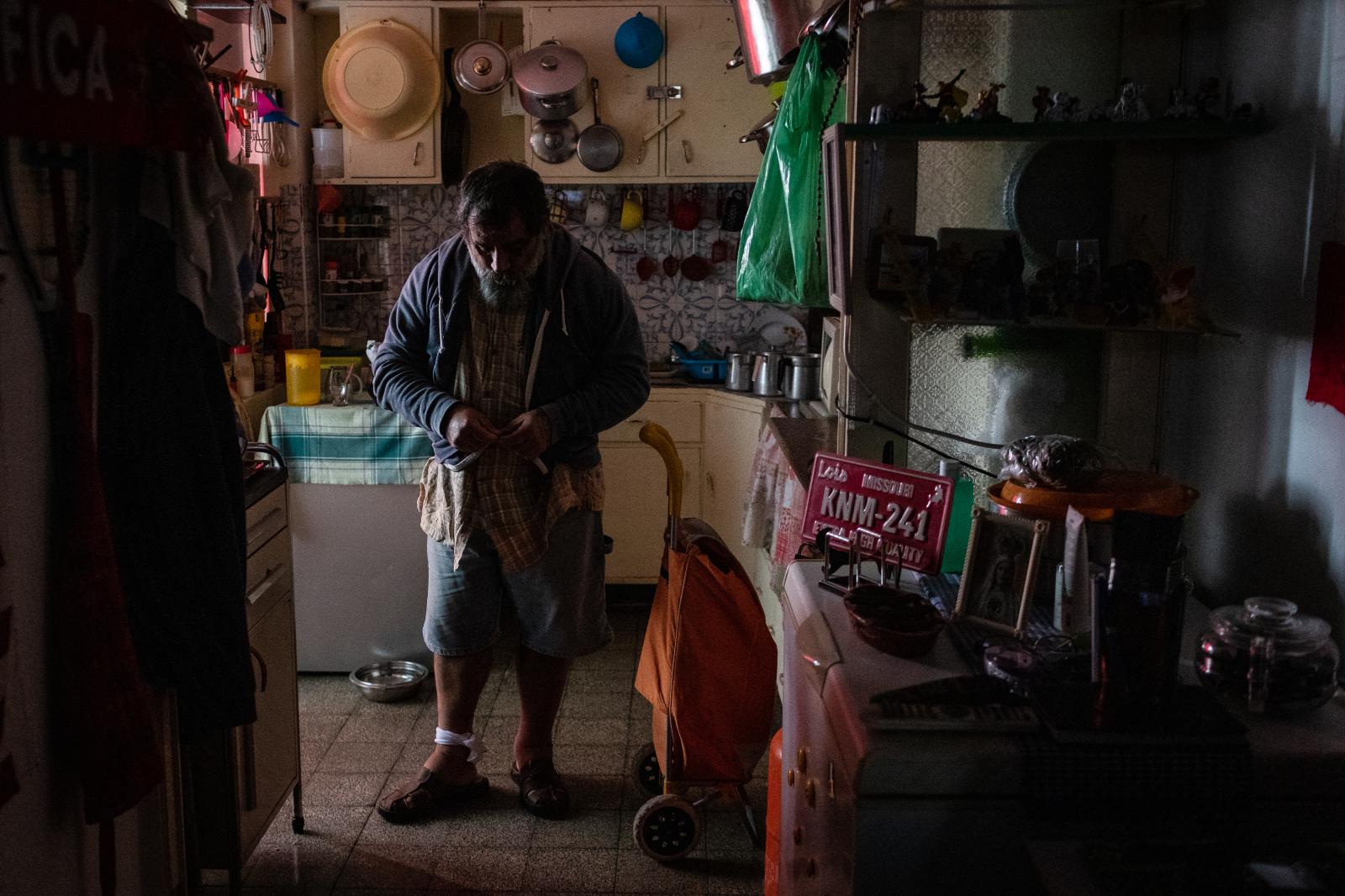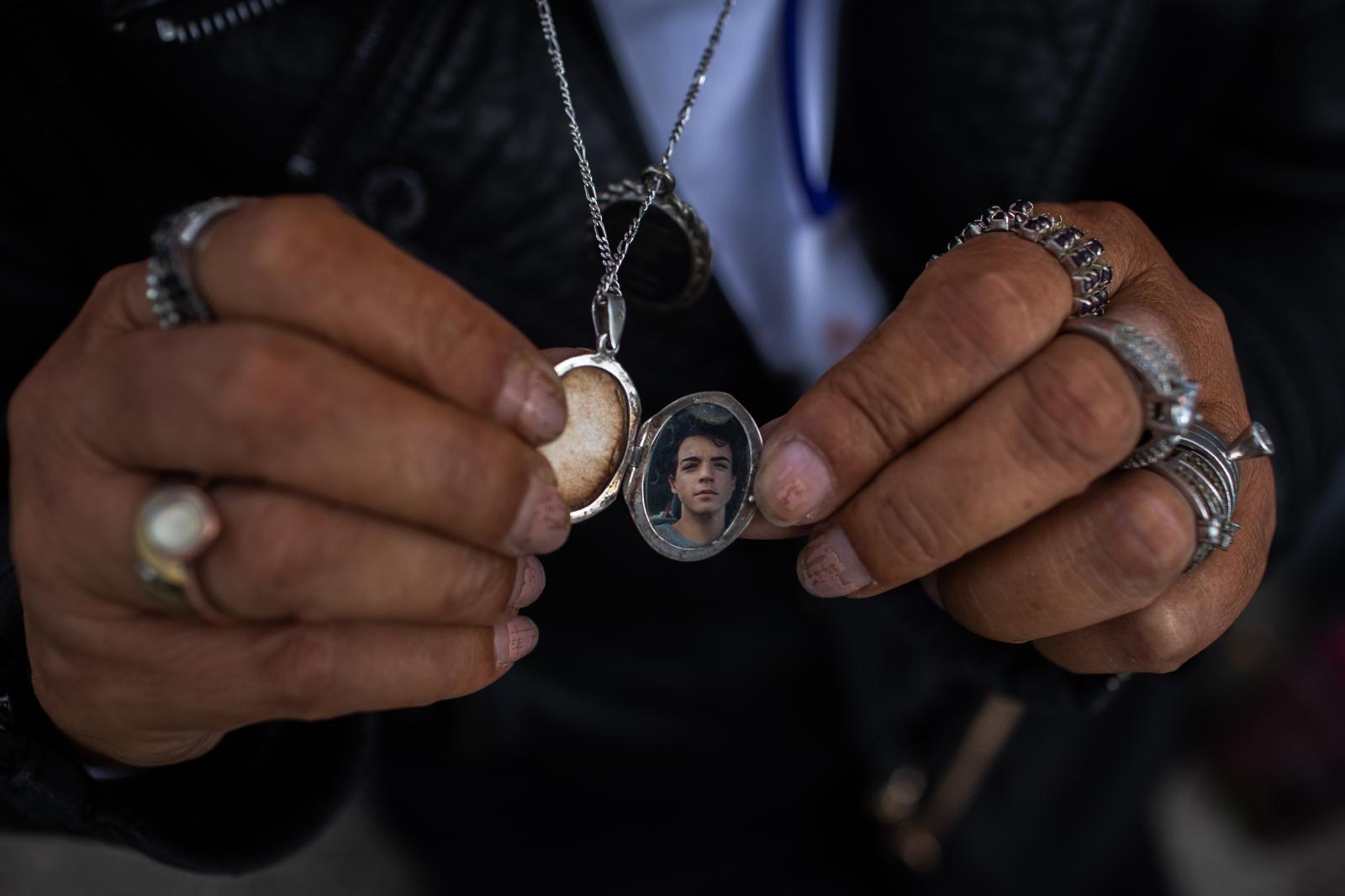In 1996, the US Congress made drastic changes to its immigration law, after such events as the World Trade Center bombing (1993), anti-immigration legislation in California (1994) and the Oklahoma City bombing (1995). These new policies, with retroactive effects, do not only target undocumented immigrants but also apply to long-term lawful permanent residents or green card holders, that have violated criminal laws in the United States, making them subject to deportation after they have finished serving their criminal sentences. Similar laws were also later adopted by Canada.
To Azoreans, North America was a promised land where they could escape from the harsh economical and living conditions that they faced on the archipelago. With the changes in the immigration law more than 1,464 people were repatriated, according to the Regional Government of the Azores.
Most of the Azorean deportees moved in the 1950’s/60’s to the Americas as young children, following their parents in search of a new life. Many were brought up in an environment where violence, abuse, and alcoholism were common. Through the hardship of growing up in a foreign country where they were unable to speak the language, they slowly integrated into society. Many got married to US citizens, had US-born children and some even served in the US Army. In their minds, they were entirely Americans.
The deportation of people with legal residency status, such as the Azoreans, is not only a rupture with family, friends and the community, but has also come to be considered a violation of human rights, as reported by Humans Rights Watch.
This forced return to an unknown place, where they have no bonds, intensifies cultural and social differences creating situations of social exclusion, stigmatization and isolation.
Not wanted where they have always lived, and where they were born, they will always feel like outcasts.




















